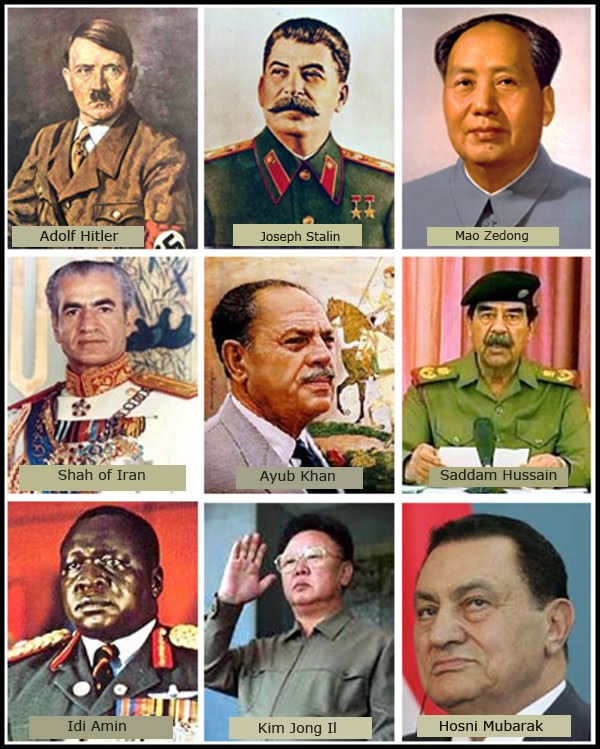Ever since the field of diplomacy was created, and international relations between countries
emerged, there have been two different trends for message deliveries amongst those countries.
Being media the tool to express and diffuse those messages from one country to another and from a
government to his people, there are two forms of such media transmission: a politically correct
media and a more direct one. It’s a clear sign of the Impact of Words on Foreign Relations.
Many countries use a politically correct way of spreading messages, they put in the write words to
show respect, politeness and care towards the countries to which it directs its message. Australia,
Canada, the U.S, are a few examples amongst this media form. Other countries, in the contrary, care
less about the decorating of the message, and rather emphasize the content of it. These countries
convey more straight forward ideas. As such, North Korea, Venezuela or Israel, appear to rather
follow this trend. The question posed here is whether this phenomenon derives from the assumption of a country’s
position in the international arena (as a powerful and leading country, or rather as a small, discrete
and little influencing one), or does it steam from a cultural gap amongst countries across the globe?
For the matter, this article disposes to compare the United States’ release of messages, on the one
hand, and on the other hand, Israel’s way of doing so. We will surprisingly find out that the answer to
our question is quite inclined towards the cultural analysis, which becomes rather complicated to
research in depth.
As known, the U.S. is currently a world superpower, probably the most powerful and influential one
on the globe as of now. However, despite its strength in the global arena, the United States uses a
very respectful, appeased and politically soft way of expressing its messages on the media, in front of
its citizens and the entire world. But, we could think that precisely the U.S. being so powerful could
speak to other countries in any way, given that they have nothing to lose. No relation whatsoever
between any country and the U.S. would be broken if the U.S. decided to be less politically correct
and more straight forward towards this other country. Why? Because that relation is sustained by
more important interests, which cannot be given up upon just because of an offensive message
coming from the White House.
On the other hand, Israel, a small country, not quite influencing, hardly in good relations with the
rest of the countries in the world, is a country that spreads its messages in a straight forward way vis-
à-vis other countries. However, it could be said that specifically Israel should rather pay attention to
the impolite messages sent out to the world; Israel does have a lot to lose if offending a country out.
It is quite ironic !
Thus, the size, the power, the position in the international arena, are not the elements that
determine the way of media release of a country. It has rather to do with a cultural aspect. While the
U.S. has long cultivated a path of peaceful, democratic and politically correct approach towards the
world, Israelis have rather developed a direct character, which allows for less smooth and less polite
format of messages. However, does this bring any good to Israel’s image in the international
scenario? Not at all. Israel should probably take more care of this aspect, release more smooth, less
accusing, and more polite messages to the rest of countries. The words put in to express an idea, no
matter what the idea is, should be carefully weighted and thought through in order to avoid more
than one political tension with other countries. Making the idea sound good, applying a less-sincere-
way-of-talking, would definitely help out in Israel’s foreign relations efforts.
To conclude, there is a curious element lacking existence in the Hebrew language, which possibly
takes a big part of the blame for the “direct character” of Israelis. This is, the lack of the equivalent to
the word should. In Hebrew there is not such an expression, which is usually employed for the
purpose of giving advice. When directing a message to another country, using verbs without putting
should before it, may rather sound like an order, instead of sounding like a gentle proposition. This
may be too extreme.







